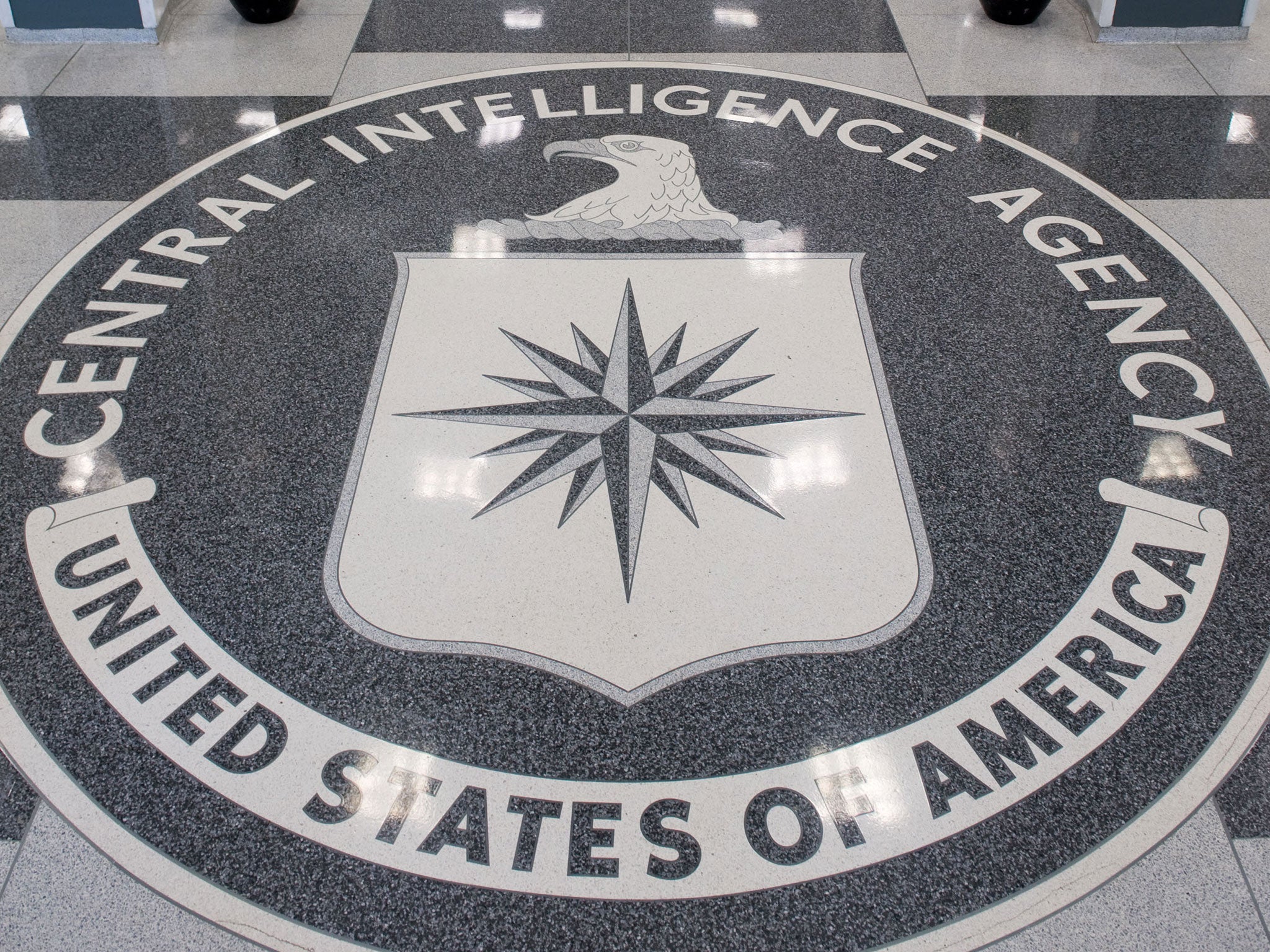US embassies braced for attacks as report on CIA torture comes out
A new report, which may be made public, comes clean about the techniques used on detainees at secret prisons around the world, such as sleep deprivation, confinement in small spaces and waterboarding

Your support helps us to tell the story
From reproductive rights to climate change to Big Tech, The Independent is on the ground when the story is developing. Whether it's investigating the financials of Elon Musk's pro-Trump PAC or producing our latest documentary, 'The A Word', which shines a light on the American women fighting for reproductive rights, we know how important it is to parse out the facts from the messaging.
At such a critical moment in US history, we need reporters on the ground. Your donation allows us to keep sending journalists to speak to both sides of the story.
The Independent is trusted by Americans across the entire political spectrum. And unlike many other quality news outlets, we choose not to lock Americans out of our reporting and analysis with paywalls. We believe quality journalism should be available to everyone, paid for by those who can afford it.
Your support makes all the difference.American diplomatic and military posts overseas have been told to prepare themselves for violent protests this week if the US Senate proceeds with its promised release of a long-awaited report into “enhanced” interrogation techniques used by the CIA on prisoners after the 11 September attacks 13 years ago.
The 480-page report, a summary of a still-classified 6,000-page study compiled by the US Senate Intelligence Committee chaired by Senator Dianne Feinstein, a Democrat, could be made public on Tuesday morning in spite of strong opposition from some Republicans.
It will be the moment America comes clean about the techniques used on detainees at secret prisons around the world to extract intelligence on al-Qaeda. The methods, such as sleep deprivation, confinement in small spaces and waterboarding, will be described as having gone beyond what was “legally allowable”, CBS News reported. That, in common parlance, would be torture.
Ms Feinstein faced intense pressure last night to at least delay publication of the tract. While the President Barack Obama has indicated support for its release the US Secretary of State, John Kerry, asked Ms Feinstein last week to consider the possible fallout.
But Ms Feinstein will be mindful that once control of the US Senate and therefore of the Intelligence Committee passes to the Republicans next year, the chances of the conclusions of the investigation into what the CIA did in the wake of 9/11 in the name of national security may never be made public.
The report is also expected to accuse the CIA of lying to the then administration of President George W Bush about its activities – an assertion that top agency officials from the period and Mr Bush himself have already started to push back against.
The warnings to overseas installations about the report were delivered by the State Department. It urged all overseas posts to “review their security posture” for a “range of reactions”.
Among those demanding that it be released are human rights groups. “Maintaining secrecy around a defunct torture programme is the real liability as doing so denies us the right to debate what happened and make sure it is never repeated,” said Sarah Margon of Human Rights Watch.
But the Republican chairman of the House Intelligence Committee, Mike Rogers, has been outspoken in his opposition. “I think this is a terrible idea,” he said on CNN. “Foreign leaders have approached the government and said, ‘You do this, this will cause violence and deaths’.”
It is clear, meanwhile, that those who led the CIA and its interrogation efforts during the years in question will aggressively challenge the accuracy of the report and that Mr Bush will support them. “We’re fortunate to have men and women who work hard at the CIA serving on our behalf,” he said at the weekend. “These are patriots and whatever the report says, if it diminishes their contributions to our country, it is way off base.”
“Once the release occurs, we’ll have things to say and will be making some documents available that bear on the case,” John McLaughlin, former deputy and acting director of the agency, commented, adding that in his view the report “uses information selectively, often distorts to make its points”.
Join our commenting forum
Join thought-provoking conversations, follow other Independent readers and see their replies
Comments